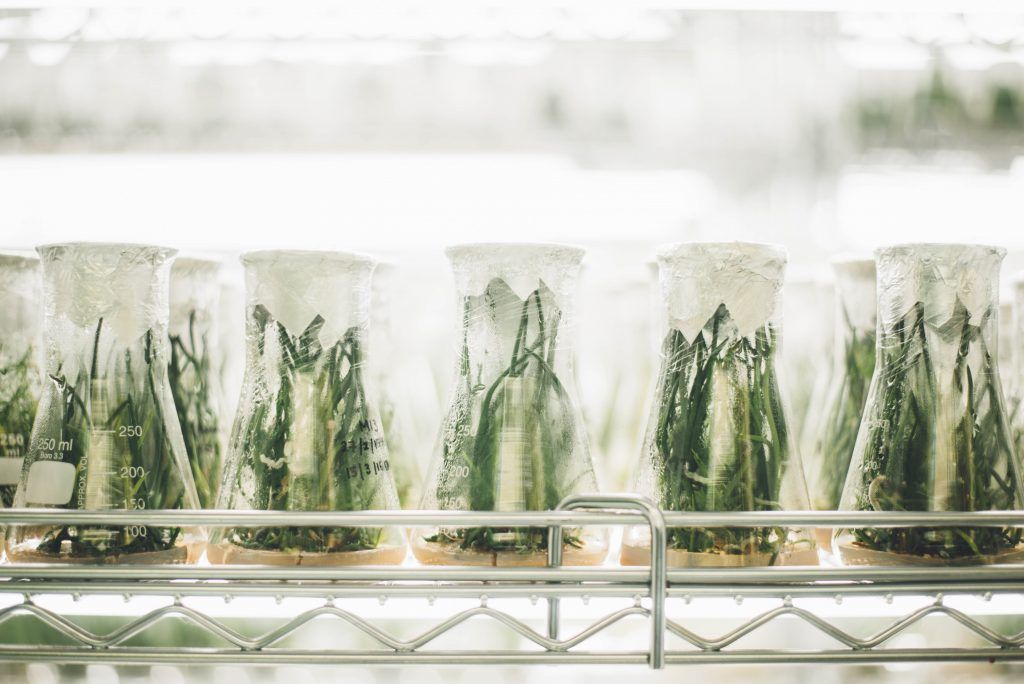The 17 general recommendations of the government’s growth team for a national Danish life science strategy have now been published. How they are executed will define if we and our children will be healthier and wealthier in the future.
Aiming to double exports
The growth team is blazing a path towards a doubling of already very substantial Danish life science exports by 2025. Since the current export amount to about 107 billion kroner and account for about 17 percent of total Danish exports, this is not just a key Danish growth industry, it is ‘the’ key growth industry.
Jobs, growth, tax revenues and the financing of future welfare depend to a substantial degree on the growth of the life science industry. Life science is key to wealth.
But the life science industry has added benefits. If the recommendations are followed and Denmark decides to invest in and focus on, for instance, stronger public life science research, increased private-public sector collaboration on clinical research, better access to seed and venture capital, and adopting the idea that the local markets should serve as a showroom to increase growth in the international market – then we will not only get more wealth, but also faster access to new and better treatments.
Consequently, life science is the key to both health and wealth.
Local and global
The challenge is that the life science industry competes in a global market in which the winner takes most, if not all.
As a home base for international life science companies, Medicon Valley plays an important role in this development. Our talent pool, our academic institutions, our companies and know-how, and all other key elements needed for developing and manufacturing life science products must all be no less than world-class.
In that way, the old saying “Think global – act local” works for wealth and health as well as for the environment.
All eyes on the EMA
Strengthened Danish-Swedish collaboration in Greater Copenhagen is part of the local action needed. Medicon Valley Alliance will continue to contribute towards that dimension of the basis for growth.
A very concrete example is the efforts to get EMA relocated to Copenhagen after Brexit (emacph.eu). If successful, this would result in 900 additional life science jobs in the region and undoubtedly stimulate further growth.
But to accomplish that, let’s start by doing our homework, make the necessary priorities and act locally.















